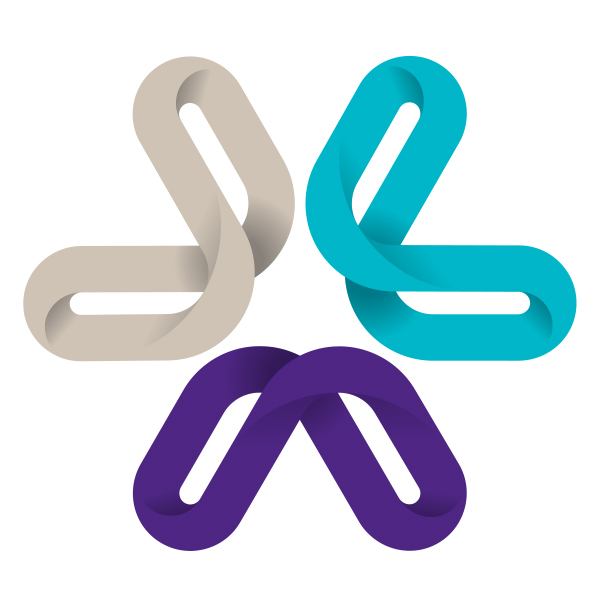Services
As your business grows, our advisory services are designed to help you achieve your goals. Successful growth often means navigating a complex array of...
-
Business consulting
Our business consulting services can help you improve your operational performance and productivity, adding value throughout your growth life cycle.
-
Business risk services
We can help you identify, understand and manage potential risks to safeguard your business and comply with regulatory requirements.
-
Forensic services
At Grant Thornton, we have a wealth of knowledge in forensic services and can support you with issues such as dispute resolution, fraud and insurance claims.
-
Recovery & reorganisation
We provide a wide range of services to recovery and reorganisation professionals, companies and their stakeholders.
-
Transactional advisory services
We can support you throughout the transaction process – helping achieve the best possible outcome at the point of the transaction and in the longer term.
We approach each audit with sharp thought, straight talk and common sense. In addition to verifying that financial results are fairly presented and meet...
-
IFRS
At Grant Thornton, our IFRS advisers can help you navigate the complexity of financial reporting.
-
Audit quality monitoring
Having a robust process of quality control is one of the most effective ways to guarantee we deliver high-quality services to our clients.
-
Global audit technology
We apply our global audit methodology through an integrated set of software tools known as the Voyager suite.
At Grant Thornton, tax is a key part of our organisation and our award-winning teams can offer you a range of solutions, whatever the size of your business or...
-
Corporate and business tax
Our trusted teams can prepare corporate tax files and ruling requests, support you with deferrals, accounting procedures and legitimate tax benefits.
-
Direct international tax
Our teams have in-depth knowledge of the relationship between domestic and international tax laws.
-
Global mobility services
Through our global organisation of member firms, we support both companies and individuals, providing insightful solutions to minimise the tax burden for both parties.
-
Indirect international tax
Indirect international tax
-
Private client services
Our solutions include dealing with emigration and tax mitigation on the income and capital growth of overseas assets.
-
Transfer pricing
The laws surrounding transfer pricing are becoming ever more complex, as tax affairs of multinational companies are facing scrutiny from media, regulators and the public
At Grant Thornton, outsourcing represents more than US$250 million of our business. Whatever the size of your organisation or wherever you are in the world, we...
-
Bookkeeping & financial accounting
Effective bookkeeping and financial accounting are essential to the success of forward-thinking organisations. To get the optimum benefit from this part of your business, you'll need an experienced team behind you.
-
Business process outsourcing
Outsourcing your operations and specific business functions to Grant Thornton can not only cut costs, but also bring new insights and experience to your business.
-
Compilation of financial statements
Running a transparent and trusted business means keeping shareholders, owners, management and other important stakeholders informed about key developments in your organisation.
-
Human resources consulting
Depending on your needs, we can either manage your entire HR process or individual aspects of your strategy.
-
Payroll
Payroll and, in addition, personnel administration are the biggest and most time-consuming challenges facing expanding organisations. Grant Thornton’s outsourcing teams can manage these commitments on your behalf, allowing you to focus on what you do best – growing your business.
-
Tax compliance
Tax is likely to have an impact on almost every business decision you make. Whatever your business’s specific needs, we respond quickly and devise solutions tailored to you.
Our Human Resource Solutions team helps organizations fine-tune their human capital for optimal performance. We support clients in all HR Dimension areas...
Information Systems are used in daily operations and for purposes of making informed decisions. Our Information Systems Consulting and advisory services form...
